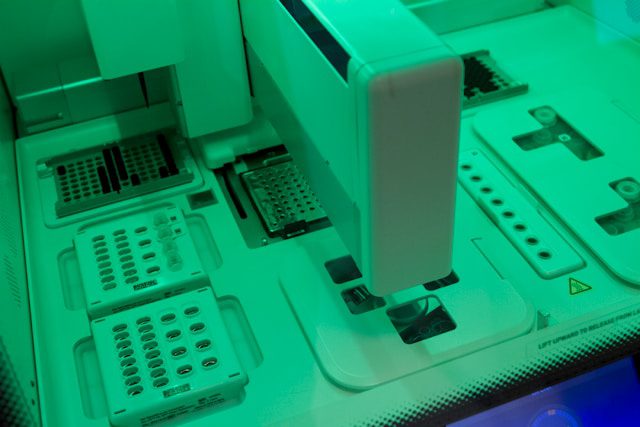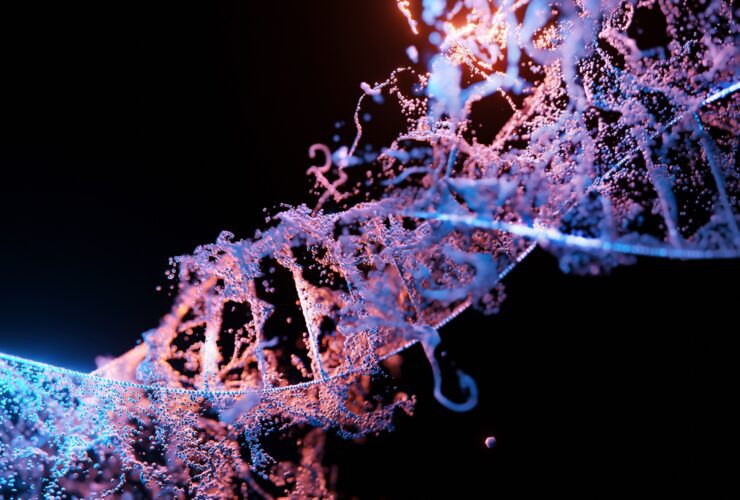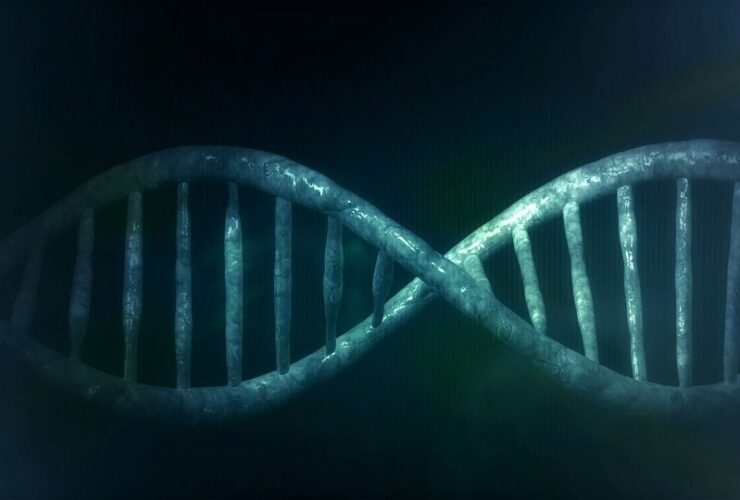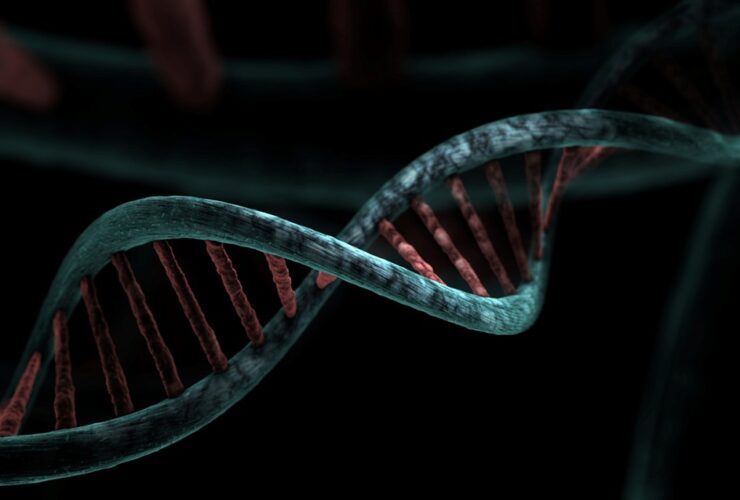A Game-Changer in Cancer Research: What’s the Deal with ecDNA? In the world of cancer research, big breakthroughs don’t come around every day. But when they do, they can shake the field to its core. Stanford scientists, working alongside an ...
A new study has revealed cellular activity, hinting at the fact that recycling is in our DNA. Check out more details about the interesting spliceosomes. Cellular activity shows recycling present in our DNA Spliceosomes are microscopic machines that can put ...
According to a team of experts, our genome has 155 genes that developed from tiny, non-coding segments of DNA. Numerous seem crucial to human biology, demonstrating how new genes may quickly develop into vital ones. The discovery shed some light ...
Sediment at Greenland’s northernmost point dredged up around the opening of an Arctic Ocean fjord has yielded DNA from animals, plants, and bacteria dating back around 2 million years, the oldest on record. A wide variety of animal species, comprising ...
Some bacteria have been shown to have an extraordinary ability to digest things in their surroundings faster than their competition after they acquired a strange library of supplemental genes dubbed “Borg” DNA. Researchers hope to discover novel ways of engineering ...
Scientists are still fascinated by the beginning of life on Earth, but looking back billions of years into the past is difficult. Now, evidence is mounting for a new theory of how life began: with a precise mixture of RNA ...
A man who perished when Mount Vesuvius erupted in 79 AD has had his DNA sequenced for the very first time by researchers. Per research released in the journal Scientific Reports on Thursday, scientists investigated the bones of two people ...
A plant’s genetic code may be altered to make it more resistant to pests, illnesses, and harsh weather conditions using the CRISPR/Cas molecular scissors. To inhibit the production of certain cell types, researchers have recently found this approach to delete ...













